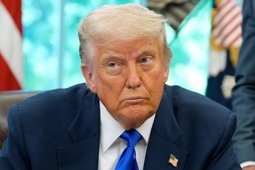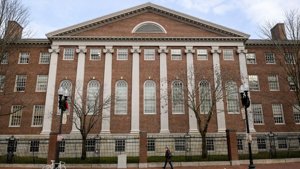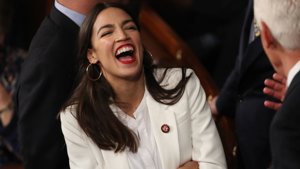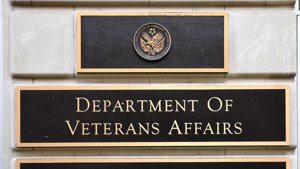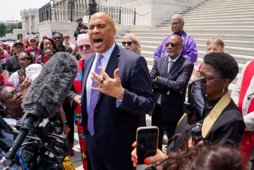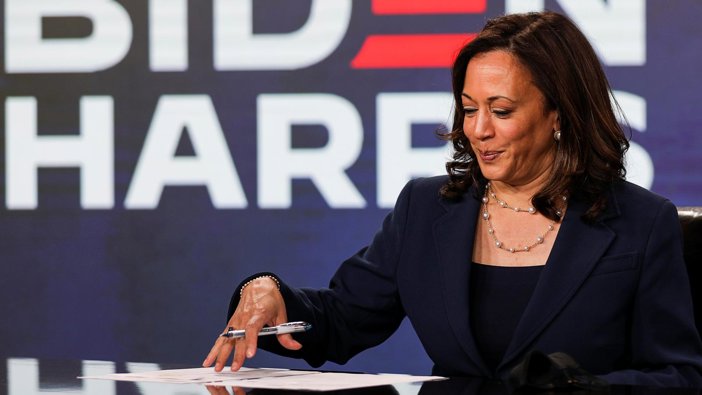
California Democrats Debate Electability
California Democrats debate national electability amid doubts after Harris’ 2024 loss and critiques of liberal policies.
Delegates Reflect on Harris' Defeat and California’s Political Identity
Delegates at California’s annual Democratic state convention expressed concerns over whether candidates from their state could viably compete in future presidential elections. The gathering, held over the weekend, aimed to induct new members and lay groundwork for the 2026 election season, but the conversation often turned toward broader questions of national appeal.
Following former Vice President Kamala Harris’ loss in the 2024 election, some attendees were skeptical about the viability of any California Democrat on the national stage. Although both Harris and California Governor Gavin Newsom have been discussed as potential 2028 presidential contenders, neither appeared at the convention in person. Harris addressed delegates only through a prerecorded video message.
“I don’t know if a California Democrat can win a presidential election,” said delegate Jane Baulch-Enloe. “California is thought of as the crazy people… I don’t mean that in a bad way — though I know some people do — but we do things differently here.” She stressed the importance of reshaping perceptions by helping voters understand that progressive goals like higher wages and universal healthcare are reasonable, not radical.
Other voices at the convention echoed similar themes. Aref Aziz, head of the Asian American Pacific Islander caucus, pointed to economic messaging as a core challenge. “When you look at a lot of our economies, California and New York, by all accounts, GDP, the numbers that you look at, they’re doing great,” he said. “But when it comes to the cost that consumers are paying in these places, they’re so high and so far above other countries that we end up diminishing whatever value there is in our GDP.”
Progressive Values Defended by Party Members
Despite the concerns, not all delegates believed California’s liberal identity posed a political disadvantage. “People like to point a finger somewhere, and I think California is an easy target, but I disagree,” said delegate Melissa Taylor. “Because I think that California is standing up for values that the Democratic Party believes in — we believe in labor, we believe in healthcare, we believe in women’s rights, we believe in rights for LGBTQ people.”
Jodi Hicks, president of Planned Parenthood Affiliates of California, argued that Harris’ defeat resulted from several unique campaign factors rather than a rejection of her state’s policies. She emphasized the short length of Harris’ campaign as a key reason for her loss and noted that Democrats face the challenge of balancing progressive initiatives with economic practicality. “We need to walk and chew gum at the same time,” Hicks said.
The convention ultimately showcased a party grappling with how to present California’s progressive vision to the rest of the country — a task that will prove pivotal in future national elections.

